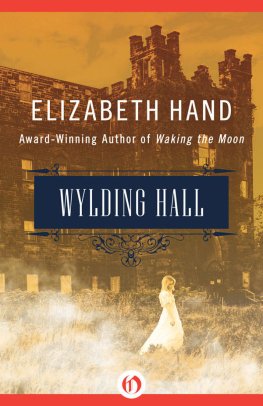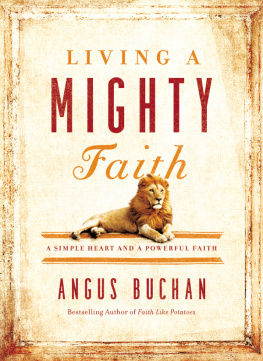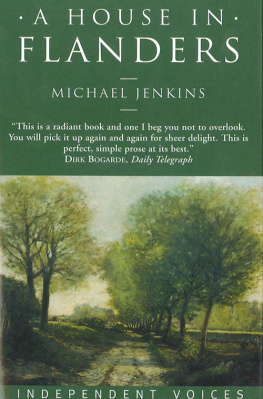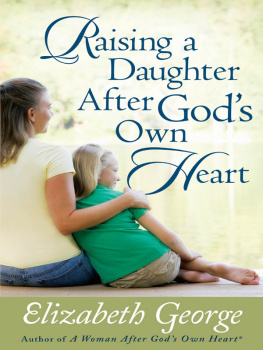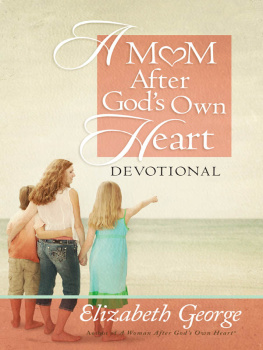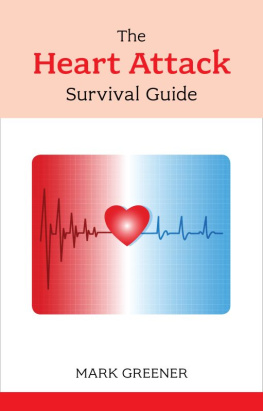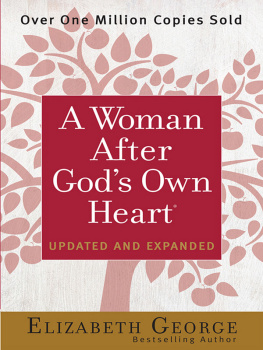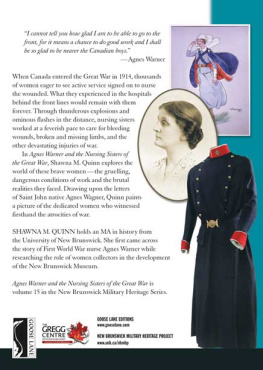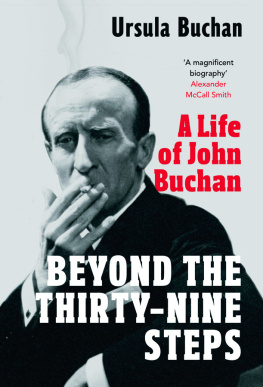Elizabeth Buchan - Secrets of the Heart
Here you can read online Elizabeth Buchan - Secrets of the Heart full text of the book (entire story) in english for free. Download pdf and epub, get meaning, cover and reviews about this ebook. genre: Romance novel. Description of the work, (preface) as well as reviews are available. Best literature library LitArk.com created for fans of good reading and offers a wide selection of genres:
Romance novel
Science fiction
Adventure
Detective
Science
History
Home and family
Prose
Art
Politics
Computer
Non-fiction
Religion
Business
Children
Humor
Choose a favorite category and find really read worthwhile books. Enjoy immersion in the world of imagination, feel the emotions of the characters or learn something new for yourself, make an fascinating discovery.

- Book:Secrets of the Heart
- Author:
- Genre:
- Rating:4 / 5
- Favourites:Add to favourites
- Your mark:
- 80
- 1
- 2
- 3
- 4
- 5
Secrets of the Heart: summary, description and annotation
We offer to read an annotation, description, summary or preface (depends on what the author of the book "Secrets of the Heart" wrote himself). If you haven't found the necessary information about the book — write in the comments, we will try to find it.
Secrets of the Heart — read online for free the complete book (whole text) full work
Below is the text of the book, divided by pages. System saving the place of the last page read, allows you to conveniently read the book "Secrets of the Heart" online for free, without having to search again every time where you left off. Put a bookmark, and you can go to the page where you finished reading at any time.
Font size:
Interval:
Bookmark:

Elizabeth Buchan
Secrets of the Heart
2000
For my mother, Mary Oakleigh-Walker, and my sisters,
Alison Souter and Rosemary Hobhouse, with love
Will you tell me how long you have loved him?
It has been coming on so gradually, that I hardly know
when it began. But, I believe I must date it from my
first seeing his beautiful grounds at Pemberley.
Jane Austen, Pride and Prejudice
Several books have been invaluable during the course of writing this novel. Leo Markss Between Silk and Cyanide (HarperCollins, 1998), Elinor Fettiplaces Receipt Book by Hilary Spurling (Viking, 1986), The Farming Ladder by George Henderson (Faber, 1944), Simon Schamas Landscape and Memory (HarperCollins, 1995), Guide to Bees and Honey by Ted Hooper (Marston House, 1997). I took factual information and drew on ideas from all of the above. Any mistakes are entirely mine.
Very many thanks are due to my editor, Louise Moore; the team at Penguin; my agent, Mark Lucas; as always, Hazel Orme; and Stephen Ryan. Especial thanks are owed to Richard Vines, producer of superb beef, who allowed me to pester him for details of how he runs his farm and business, Wild Beef. Also to Shervie and David Price and Elisabeth Murray for generously allowing me to make use of their material. I must also thank my family and friends for all their support and encouragement.
1
When he was alive, Agnes told her uncle more than once that if he had been a different sort of man it would not have been the same story at all. Oh, no, he said, the house was waiting for you. Together they laughed about it, conspirators who understood each other perfectly.
Sometimes Agnes was taken aback by the depth of her feeling for Flagge House, the beautiful, big-windowed manor set in a water-meadow that had been in the Campion family for four hundred years. It was home and that was sufficient reason to love it. Yet it was also the material of fantasy and dream, an idyll of pastoral life and of a history that was vanishing. To all these Agnes clung probably, she told herself, as a compensation for her sad circumstances. And as she grew from an awkward adolescent into a woman whose looks and success excited comment, she remained bewitched by her vision of the house and its past. As such, she was doubly bound in its coils of obligation and feverish romanticism, a maiden marooned on a rock but happy to be so. Her passion had been long-lived, for Agnes, now thirty, had first stepped into its flagstoned hallway, over which the sun had spilled a golden halo, at the age of twelve and had been instantly captivated and the intensity of her feelings had not diminished one iota.
Yet and yet, as with all great enduring loves, occasionally in her busier, professional moments, when Agnes was away from home and operating as the documentary producer, she grew impatient with its demands, even perhaps a little embarrassed by its hold on her spirit.
But not for long.
Separated by a ten-year gap, her uncle John and his younger brother, her father, had not got on. Billy could never accept his bad luck at being the younger, John explained. It made trouble between us and thats why your parents went to live in Cape Town. However, when both her parents had been killed in the car crash on the dangerous Cape to Fishhoek road, John had immediately come to the rescue and brought Agnes back to Flagge House. Children, he said staring at his niece through his glasses, are far more important than feuds. Never forget it.
He and Maud, his wife, were childless and, for a time, they were at a loss as to what to do with Agnes. Mauds solution was to regard her with bewilderment, but Johns was kinder and cleverer. Come with me, he said. Ive got such stories to tell you.
In 1589, the first Campion rode into Charlborough and surveyed the site.
He led her from room to room and positioned her in front of the Campion portraits. Fighters, failures, wise administrators, spendthrifts and, a special category, religious martyrs. Here was a Rupert, who had died of his wounds at Naseby, there a bridge-builder in India. And this, he said, placing his hands on her shoulders and steering her close up to the portrait in the hall, is the other Agnes Campion. A large-eyed woman, fair hair drawn back into a tight knot with ringlets, she was wearing pearl earrings into which the painter had incorporated highlights with oil-slick colours. She had died at the age of thirty-one in 1650, from one childbirth too many. She can be your special companion, advised her uncle shrewdly. And you have her look. Well make it our project to find out about her.
What had they found in their shared search through the family archives? That the dead Agnes had been a legendary cook, almost modern in her use of fresh vegetables and herbs. In January, she served her household with showlder of muttone and bagge pudding. In December, salte pigge with boyled carrottes. They found the letter written by her widower with instructions for her tombstone to be inscribed with From One Who Loved Her. They found her will.
Agnes Campion. Her will. I give and bequeath to my husbande my inlayde cabnott, desiring him to accept it, should I dye being with childe
They had never discovered if the ninth child, the one who killed her, had survived.
This is real history, her uncle taught Agnes, ushering her through the rooms where thrift and utility had reigned: rooms where fruit and vegetables were stored, herbs dried, meat salted, where the women laundered and sewed and kept an inventory of every scrap of clothing. This history tells no lies. It is, he said, the small alleyways and courtyards, the mud paths beaten into iron by countless feet that make up the truth.
A month or so before he died, her uncle went blind. No matter, he said, in his gentle way. It is to be expected.
Her heart breaking for the second time in a year, Agnes sat by the bed in the blue room where the spiders made free in the cornice and the cracks ran in dark tributaries across the walls. It was shrouded by the drawn curtains, and borrowed heaters exuded uneven pockets of warmth. She held his hand. Is there anything I can do to make it more bearable?
His flesh felt lifeless. There is one thing, he said. Do you think you could bring up my Jane Austens and put them on the bedside table? I miss them.
Trying hard not to distress him with her weeping, Agnes went downstairs into his study, searched for the books amongst the papers and unpaid bills and carried them upstairs. She guided her uncles fingers over the pile, which she had placed as close to him as possible. The encounter between his fragile fingers and the worn bindings was of old companions. All my life, said John, these have been my friends, and I dont want to abandon them now. Exhausted by the effort, he lay back and was quiet.
Neither Maud, Johns wife of forty-five years, nor the nurse approved of this sentimentality. At regular intervals, they attempted to move the books out of the way of the medicines and necessary equipment. At one point Maud, threatened by what she saw as Agness indulgence, snatched up Persuasion and threatened to throw it away. Agnes won and was rewarded by her uncles patient smile.
In the lucid moments that were left, John chose to say the things that Agnes already knew but wanted to hear again.
Im glad the house will be yours, Agnes. It is right. No one better. The breath was measured between each word.
As the last surviving Campion, Agnes had known that she was to inherit Flagge House, since her uncle explained the position on her sixteenth birthday. It was a trick of fate and fertility that continually brought her up short.
Next pageFont size:
Interval:
Bookmark:
Similar books «Secrets of the Heart»
Look at similar books to Secrets of the Heart. We have selected literature similar in name and meaning in the hope of providing readers with more options to find new, interesting, not yet read works.
Discussion, reviews of the book Secrets of the Heart and just readers' own opinions. Leave your comments, write what you think about the work, its meaning or the main characters. Specify what exactly you liked and what you didn't like, and why you think so.

